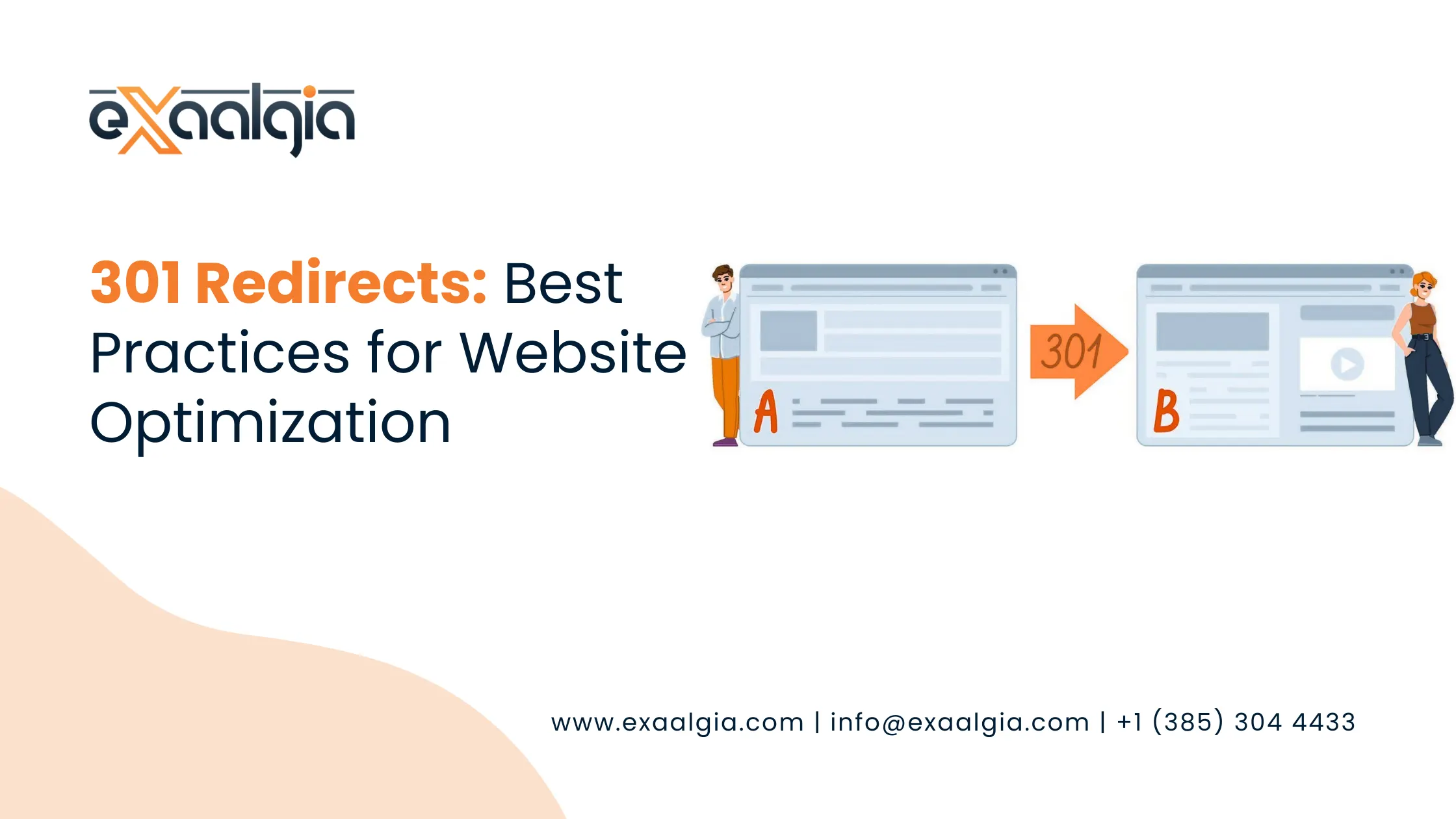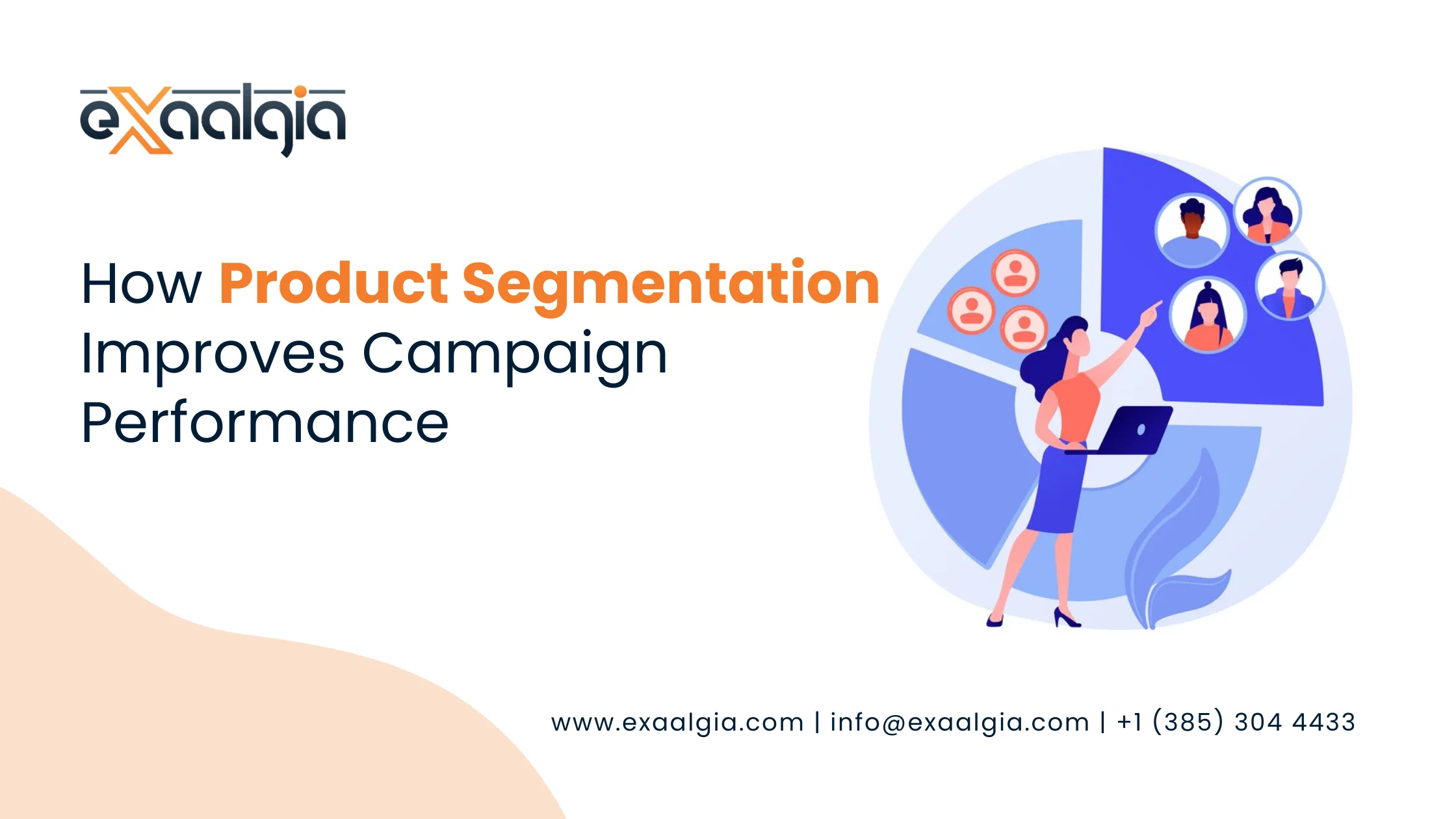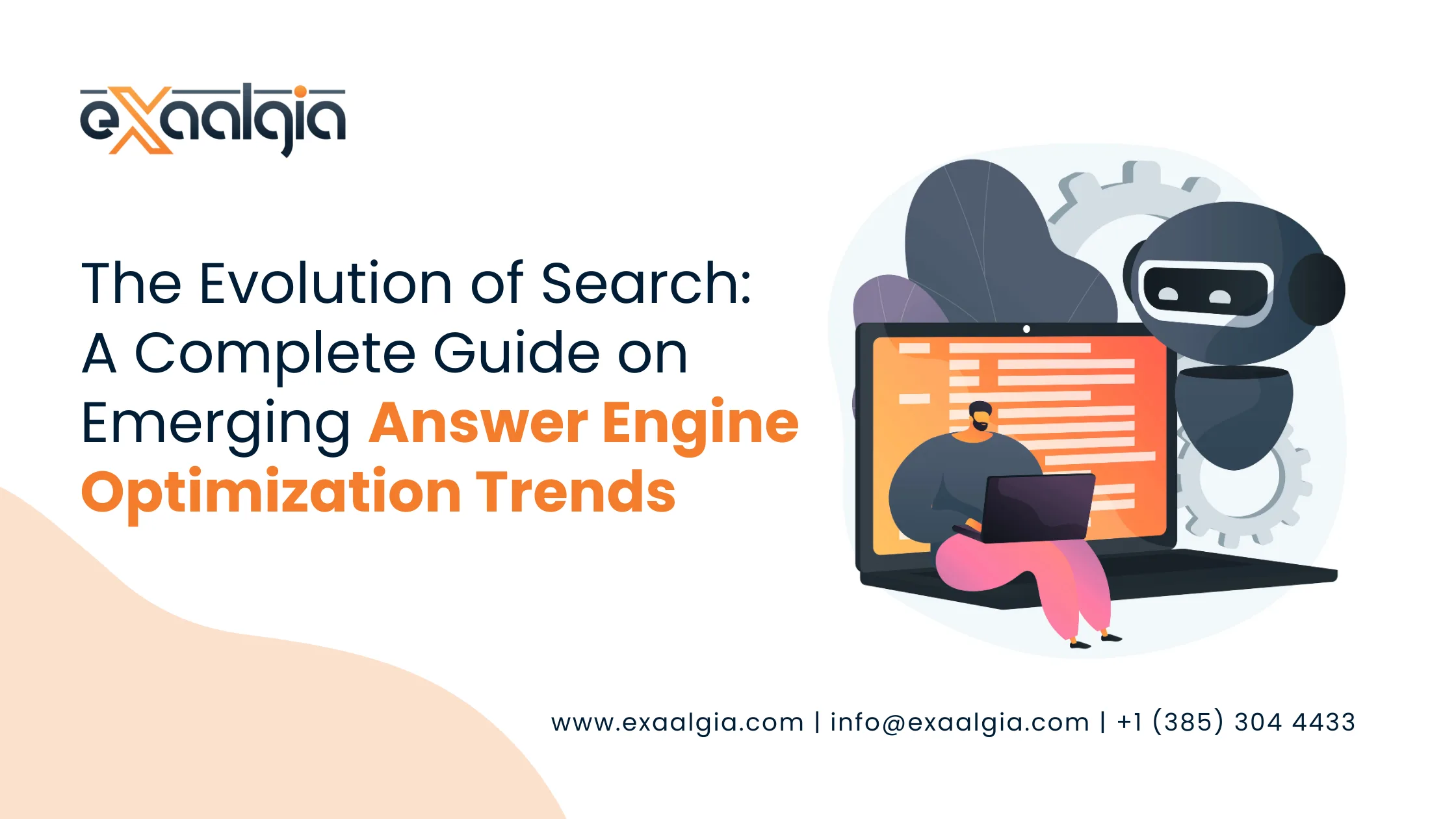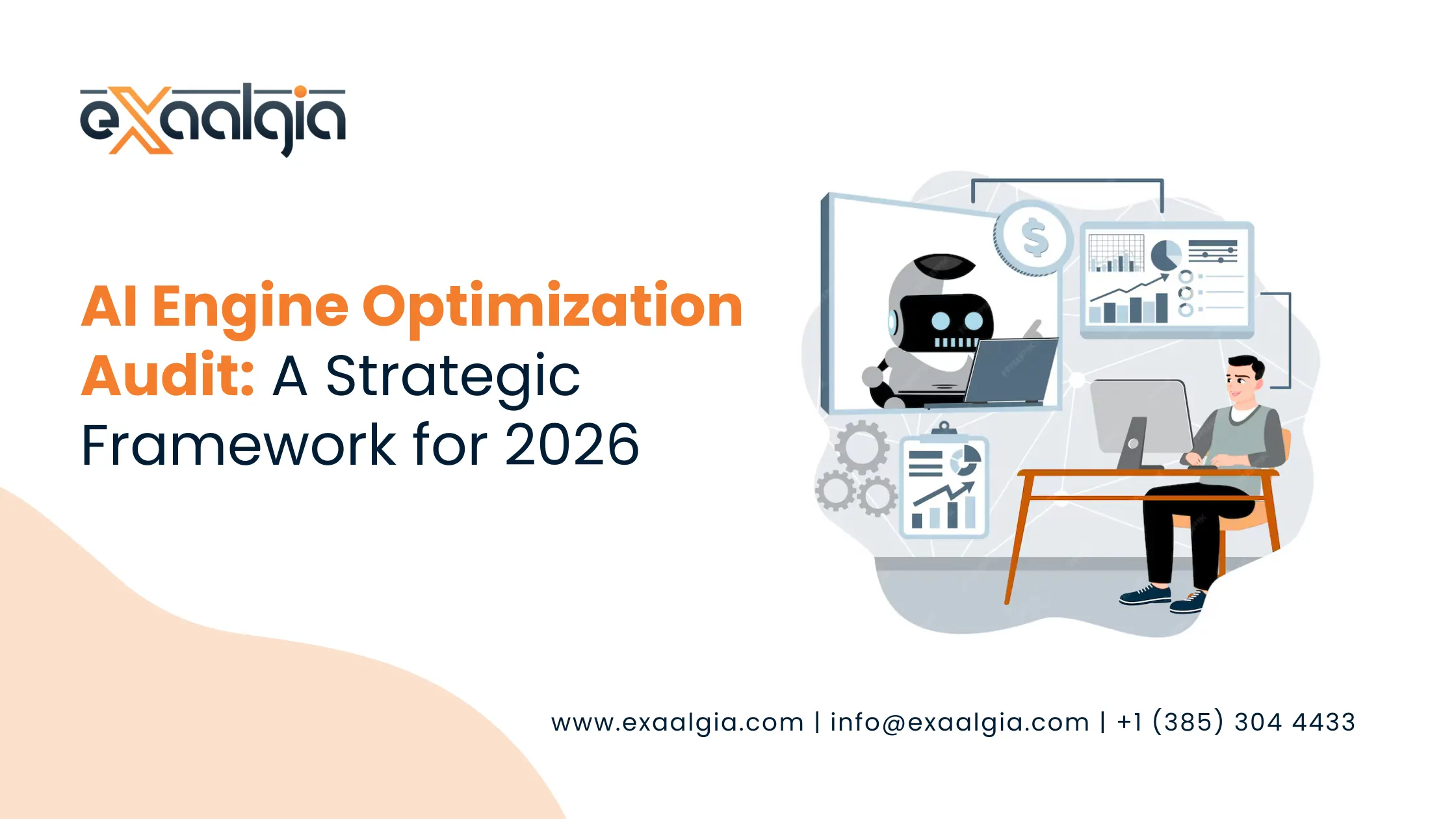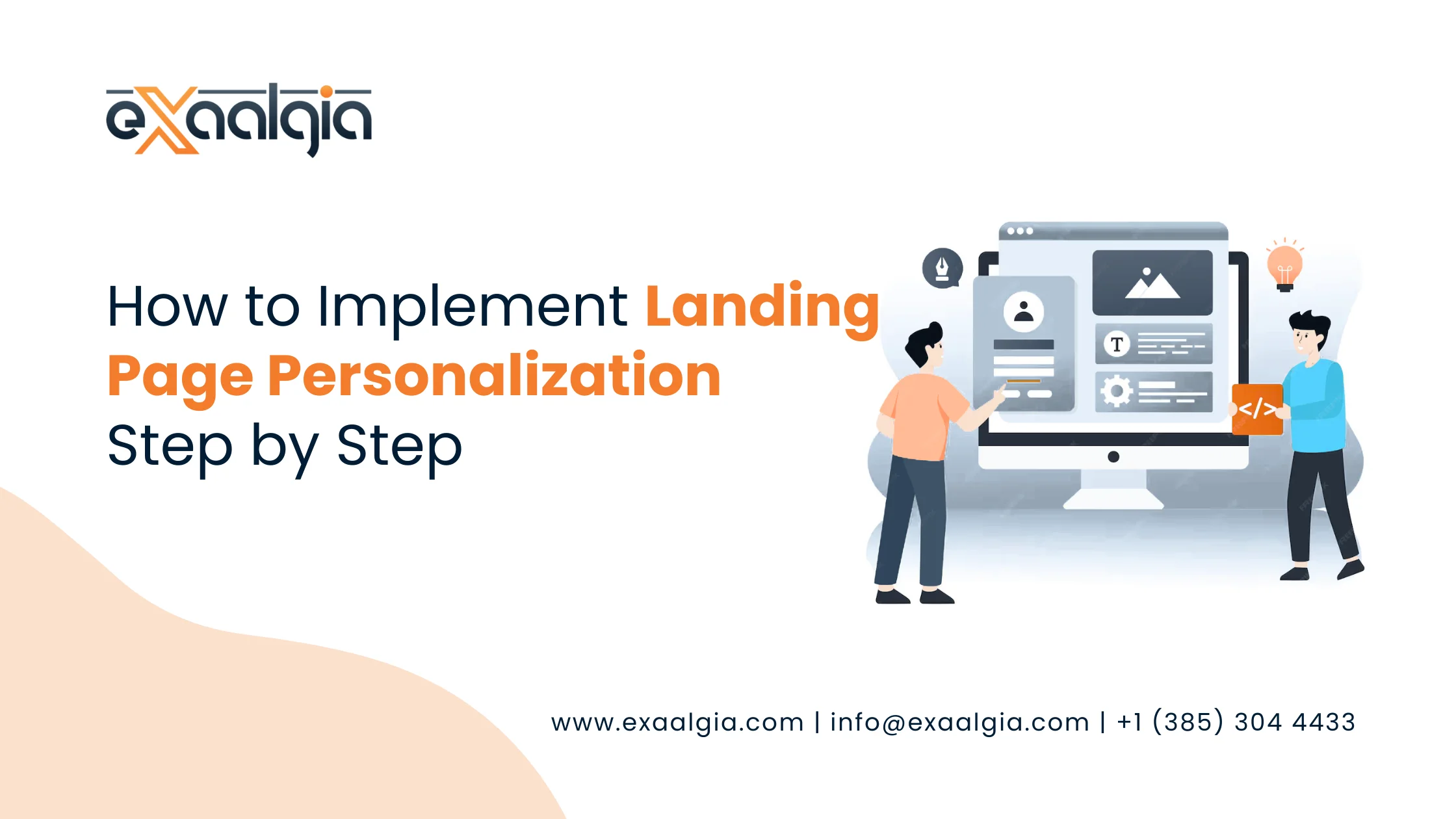What Are Meta Tags?
Meta tags are small pieces of HTML code tucked into a webpage’s header, delivering essential metadata to search engines and users. They’re like a backstage pass—hidden from the visible page but critical for on-page SEO success.
The Basics of a Meta Tag
A meta tag is a concise snippet, such as <meta name=”description” content=”Your text here”>, that shares details like page summaries or encoding types. For instance, a well-written meta description can hook users into clicking through.
How Meta Tags Work in HTML
Nestled in the <head> section, meta tags are scanned by search engines like Google during crawling. This process is foundational to SEO services, and companies like Exaalgia leverage it to boost site performance.
Evolution of Meta Tags Over Time
Meta tags date back to the internet’s early years, but their purpose has shifted. Once dominated by Keyword Tag Optimization, they now focus on relevance and user intent, aligning with modern digital marketing agency priorities.
Who Uses Meta Tags?
From bloggers to e-commerce giants, anyone with a website benefits from meta tag optimization. It’s a universal tool for amplifying online presence, no matter your industry.
Meta Tags and User Experience
Beyond search engines, meta tags shape how your content appears when shared on platforms like Facebook or LinkedIn. A strong meta setup enhances clickability and user trust.
Importance of Meta Tags in SEO
Meta tags are a linchpin of on-page SEO, directly influencing how search engines rank and display your site. Neglecting them hands your competitors an unfair edge.
Boosting Click-Through Rates (CTR)
A sharp meta description, refined through Description Tag Optimization, can skyrocket your CTR. When users see a clear, enticing summary, they’re more likely to visit.
Helping Search Engines Understand Content
Meta tags guide search engines in indexing your pages accurately. Proper SEO optimization ensures your content matches user searches, lifting your rankings.
Supporting Keyword Relevance
Though the meta keywords tag has faded, titles and descriptions still signal relevance. This is where OnPage SEO Optimization excels, targeting your ideal audience.
Enhancing Mobile Search Performance
With mobile searches leading in 2025, meta tag optimization ensures your site shines on smaller screens. Concise tags cater to users browsing on their phones.
Building Trust with Users
Polished meta tags project professionalism. Teaming up with a digital marketing agency like Exaalgia ensures your tags build credibility and align with your brand.
Types of Meta Tags
Not all meta tags serve the same purpose. Knowing the key types is essential for maximizing SEO services and site functionality.
Meta Title Tags
The meta title is your page’s headline in search results. Title Tag Optimization ensures it’s keyword-rich yet readable, a vital step in meta tag optimization.
Meta Description Tags
This 160-character tag summarizes your page. It’s your chance to pitch users and a core element of on-page SEO.
Meta Keywords Tags
Once central to SEO, the meta keywords tag is now mostly obsolete for major engines like Google, though some niche platforms may still reference it.
Robots Meta Tags
Tags like <meta name=”robots” content=”noindex”> control whether search engines index a page. They’re crucial for managing crawl behavior.
Viewport Meta Tags
The viewport tag (<meta name=”viewport” content=”width=device-width”>) ensures mobile-friendliness—a non-negotiable for modern SEO optimization.
Best Practices for Meta Tag Optimization
Optimizing meta tags is a strategic process, not a shot in the dark. These best practices will elevate your meta tag game and outshine competitors.
Keep Titles Under 60 Characters
Long titles get cut off in search results. A succinct, keyword-focused title is a pillar of OnPage SEO Optimization and keeps your intent clear.
Write Unique Descriptions for Every Page
Duplicate descriptions confuse search engines and bore users. Craft page-specific summaries for stronger SEO services outcomes.
Incorporate Target Keywords Naturally
Weave keywords like “digital marketing services” or “SEO optimization” into your tags organically. Avoid stuffing for a seamless flow.
Use Action-Oriented Language
Words like “Explore,” “Get,” or “Shop Now” in descriptions drive clicks. This approach is a go-to for digital marketing agency experts.
Test and Refine with Analytics
Tools like Semrush reveal how your meta tags perform. Regularly tweak them based on data to excel in meta tag optimization.
Common Mistakes to Avoid in Meta Tag Optimization
Even with the best intentions, errors in meta tag optimization can derail your efforts. Here’s what to dodge.
Overstuffing Keywords
Packing your meta tag with keywords feels clever but harms rankings. Search engines frown on this, tanking your on-page SEO.
Ignoring Meta Descriptions
Skipping descriptions leaves your CTR to fate. Every page needs a tailored summary for effective SEO optimization.
Using Generic Tags Across Pages
Reusing tags site-wide creates duplicate content problems. Customization is critical for OnPage SEO Optimization.
Neglecting Mobile Optimization
Unoptimized tags for mobile users alienate a massive audience. Mobile-first design is a must for SEO services in 2025.
Forgetting to Update Old Tags
Stale meta tags can misalign with your current content. Regular audits, often managed by firms like Exaalgia, keep them fresh.
FAQ Section
What is meta tag optimization?
Meta tag optimization refines HTML meta tags (titles, descriptions, etc.) to improve search rankings and user engagement—a key part of on-page SEO.
Why are meta tags important for SEO?
Meta tags help search engines categorize your content and shape how it appears in results. They’re vital for SEO optimization and organic growth.
How long should a meta description be?
Keep meta descriptions under 160 characters to avoid truncation. This ensures full visibility, a focus of digital marketing services.
Can I skip meta tags on some pages?
No—every page needs optimized meta tags for consistent SEO services performance. Omitting them risks lower rankings.
How often should I update my meta tags?
Review meta tags every 6-12 months or after content updates. A digital marketing agency can optimize this with data-driven insights.
Final Thought
Meta tag optimization isn’t just a technical fix—it’s a powerful way to get found faster online. By grasping what meta tags are, appreciating their SEO impact, and following best practices, you can supercharge your site’s performance. Don’t forget the Alt Tag on images, either—it complements your meta efforts by boosting accessibility and rankings. Avoid common missteps, and consider expert help from Exaalgia to maximize your on-page SEO. In a digital landscape where every click matters, optimized meta tags are your competitive advantage. Ready to rise? Start optimizing now.


